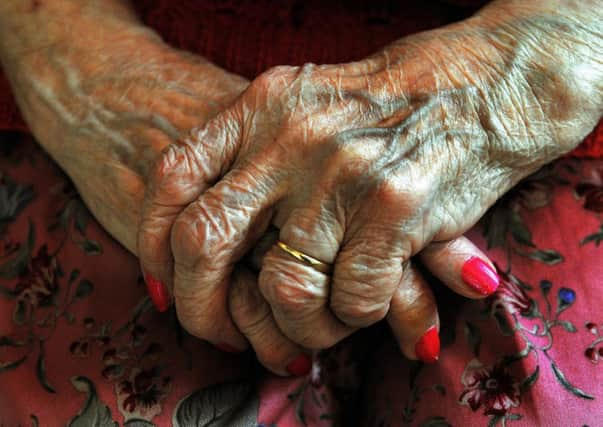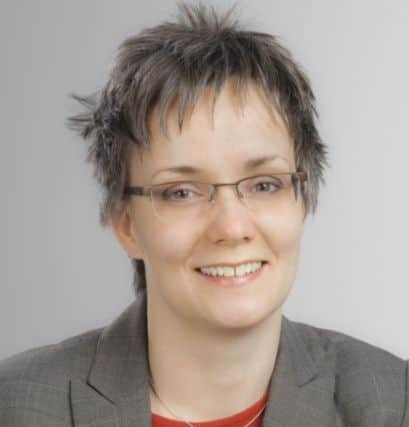Loneliness ‘maps’ should be created to target support


The Campaign to End Loneliness, partners in The Yorkshire Post’s Loneliness: The Hidden Epidemic campaign, said local authorities should use existing data to predict where the most lonely and isolated residents live – allowing limited resources to be targeted at the people and places that need them most.
The charity worked with the University of Kent to produce the Hidden Citizens report, which said other councils could learn from Gloucestershire County Council, which created a ‘map’ of factors that could cause loneliness. It highlights households with just one occupant, a head of household who is aged over 65, situated in a low income area, or do not own a car, amongst other indicators.
Advertisement
Hide AdAdvertisement
Hide AdThe Campaign to End Loneliness learning and research manager, Anna Goodman, who co-wrote the report said it also highlighted factors contributing to loneliness, such as people who express anxiety or neuroticism, but also external factors like having no access to transport or living in a rural area or a community that had a high turnover of residents.


“Living in an urban area, like a university city like Leeds or York, where neighbourhoods change every year or two can be a factor,” she said.
The report outlines the ways services had reached people experiencing loneliness, and highlighted Leeds’ 37 Neighbourhood Networks as a tool that is already being used to systematically identify older people who could be lonely. As well as offering services to reduce loneliness, they also act as a ‘gateway’ to other information and advice from outside services, the report said.
Ms Goodman said: “Schemes like Leeds Neighbourhood Networks make sure support is not only tailored to people’s needs and interests, but are well advocated. Leeds is very focused on working with people who know the area really well and can really capitalise on those networks of support that already exist.”
Advertisement
Hide AdAdvertisement
Hide AdOne of the networks, Richmond Hill Elderly Action, has a number of projects to combat loneliness around East Leeds, including volunteer befrienders and Street Agents, who look out for older people on their street or complex. It also delivers newsletters promoting activities to older people, a positive approach highlighted in the report.


Community engagement officer Darrell Xavier said: “Neighbourhood Networks know the areas, and the people in them, very, very well. Tackling loneliness and social isolation is a big thing regardless of age or sex. We have an immediately accessible service, where people can come straight to us and talk to us.”
Dr Hannah J. Swift at the University of Kent, who co-wrote the report, said organisations could be key when it came to promoting community services to lonely older people.
“In particular we found that addressing loneliness requires better understanding of, and engagement with, local communities as well as better communication, collaboration and cooperation between services if they are to identify, reach and support the most lonely older people,” she added.
Advertisement
Hide AdAdvertisement
Hide AdUnder the Care Act, which came into force a week ago today, councils now have the responsibility to address loneliness and isolation to help prevent people needing care and support.
Laura Alcock-Ferguson, director for the Campaign to End Loneliness, said: “Approximately ten per cent of the older population experience loneliness all or most of the time, however, without greater efforts to reach people lacking social support networks, public services, charities and other organisations will be unable to support those with the greatest need.
“If local councils and services do not act now to find the people experiencing severe loneliness, we are likely to see the consequences in our hospitals and social care services.”
Simon Bottery, director of policy at older people’s charity Independent Age, welcomed the “practical ideas” laid out in the report, but warned the local authorities may not have the capacity to see them to fruition.
Advertisement
Hide AdAdvertisement
Hide AdHe said: “The cold reality is that councils have had their funding slashed in recent years, which has led to 360,000 fewer older people receiving services from them. Against this background, it is hard to envisage many councils doing much more than paying lip service to their responsibilities for targeting loneliness.”